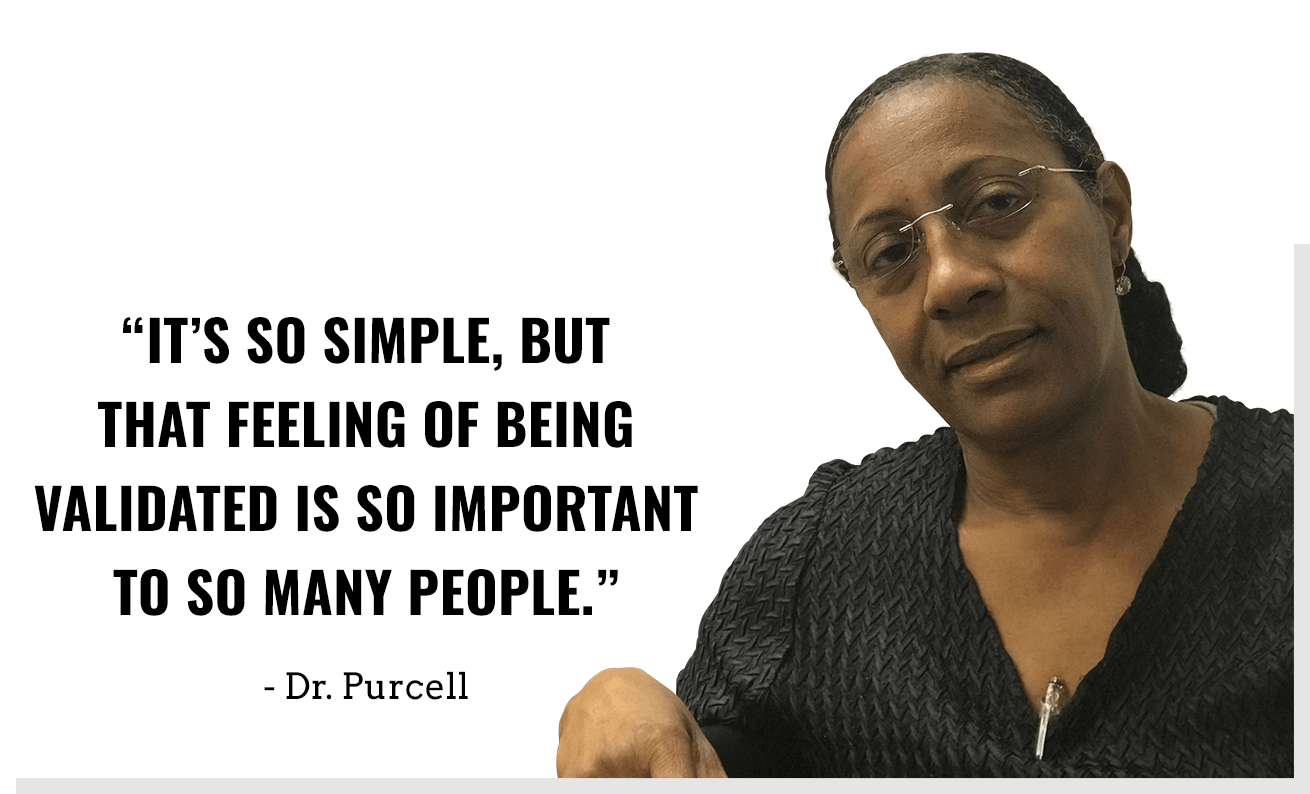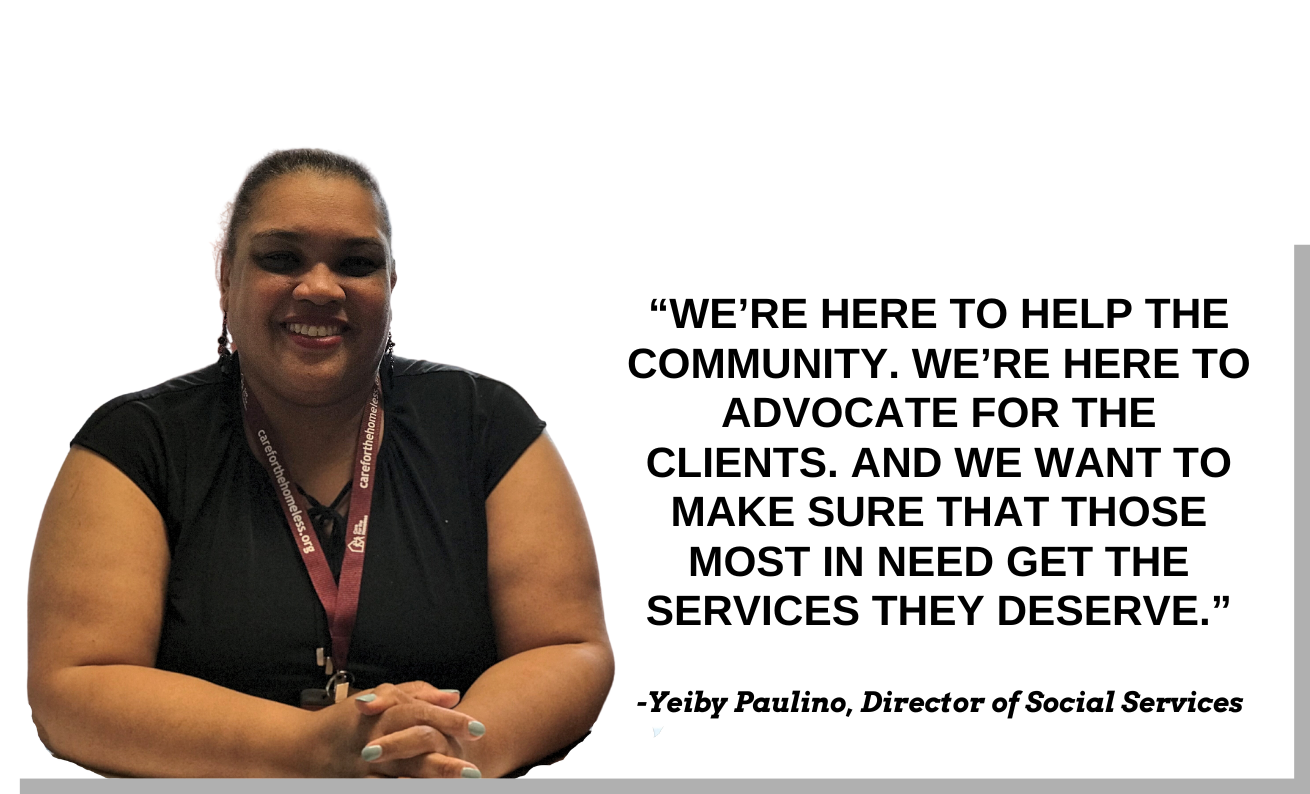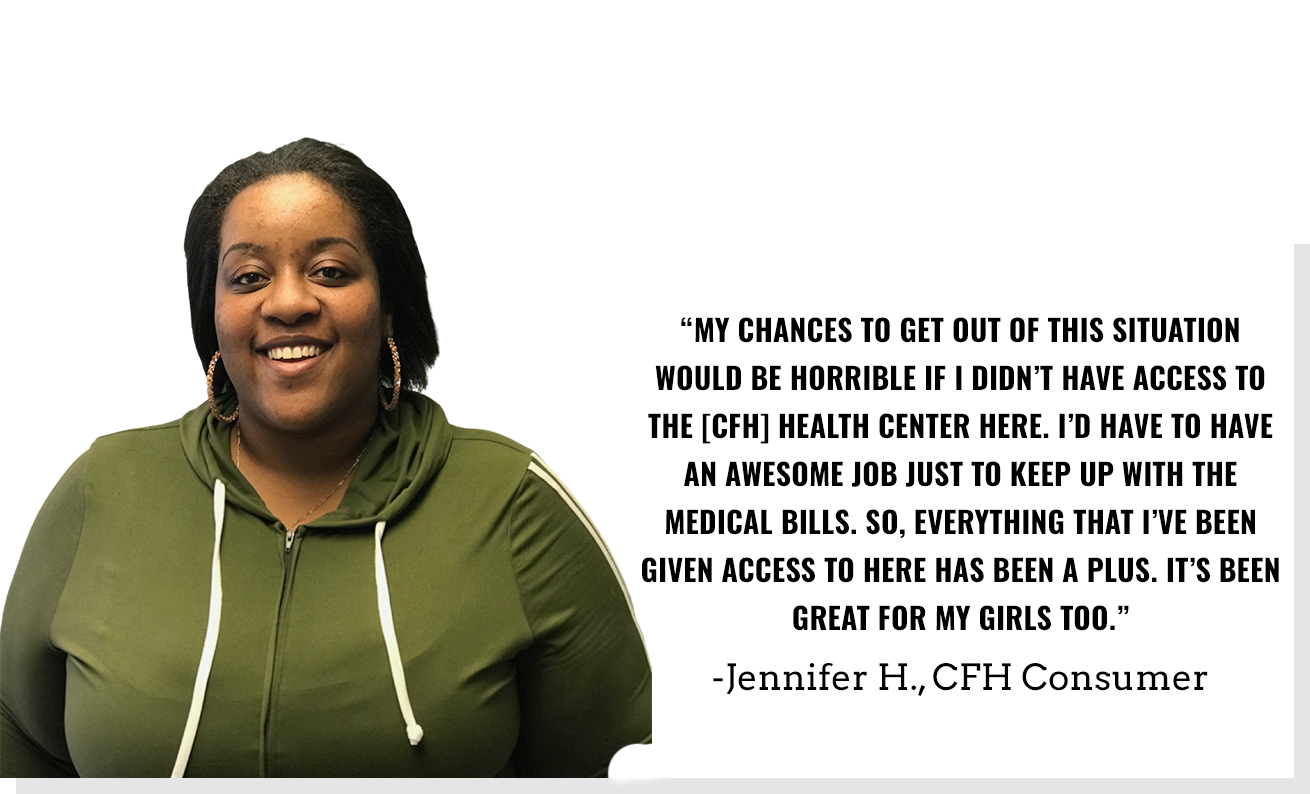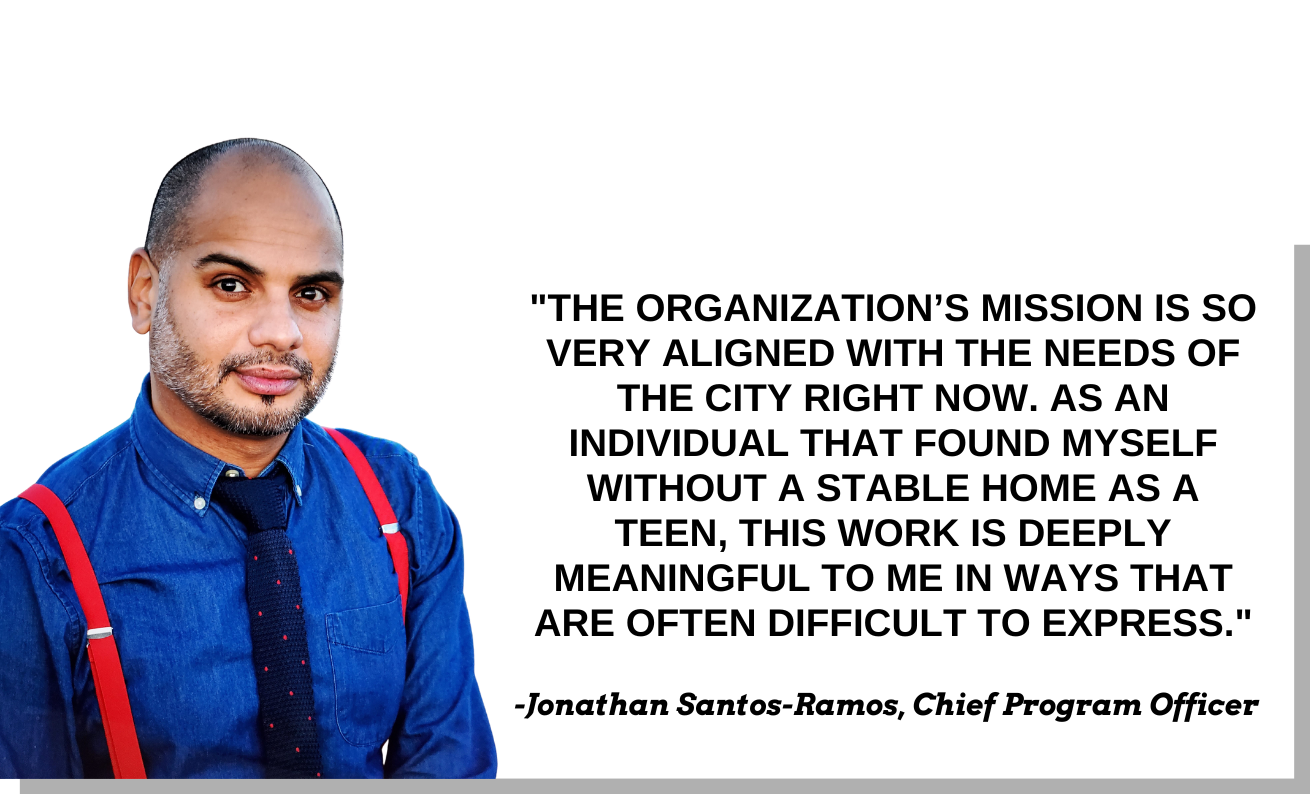Racism is a Public Health Issue
Read about how racism affects the health of minority groups in the US and about what’s being done to address it.
Recently the Center for Disease Control (CDC) released a statement that said: “Racism is a serious public health threat that directly affects the well-being of millions of Americans. As a result, it affects the health of our entire nation.”
Numerous studies, including “Racism and Health: Evidence and Needed Research” conducted by Harvard University, have shown that racial and ethnic minority groups experience higher rates of adverse physical and mental health conditions. These include diabetes, hypertension, obesity, asthma, and heart disease. Additionally, the life expectancy of non-Hispanic/Black Americans is four years lower than that of White Americans.
What We Can Learn from the Pandemic
What’s more, the pandemic has efficiently exposed systemic health and social inequities. So, in addition to the previously mentioned conditions, these inequities also made low-income minority communities more susceptible to COVID-19.
Confronting Racism in Healthcare
Therefore, it is undeniable that racism must be confronted to create a healthy nation. On April 8, the CDC launched a new agency-wide initiative called Racism and Health. This initiative dramatically refocuses the CDC’s public health efforts on addressing the many of ways race impacts people’s health.
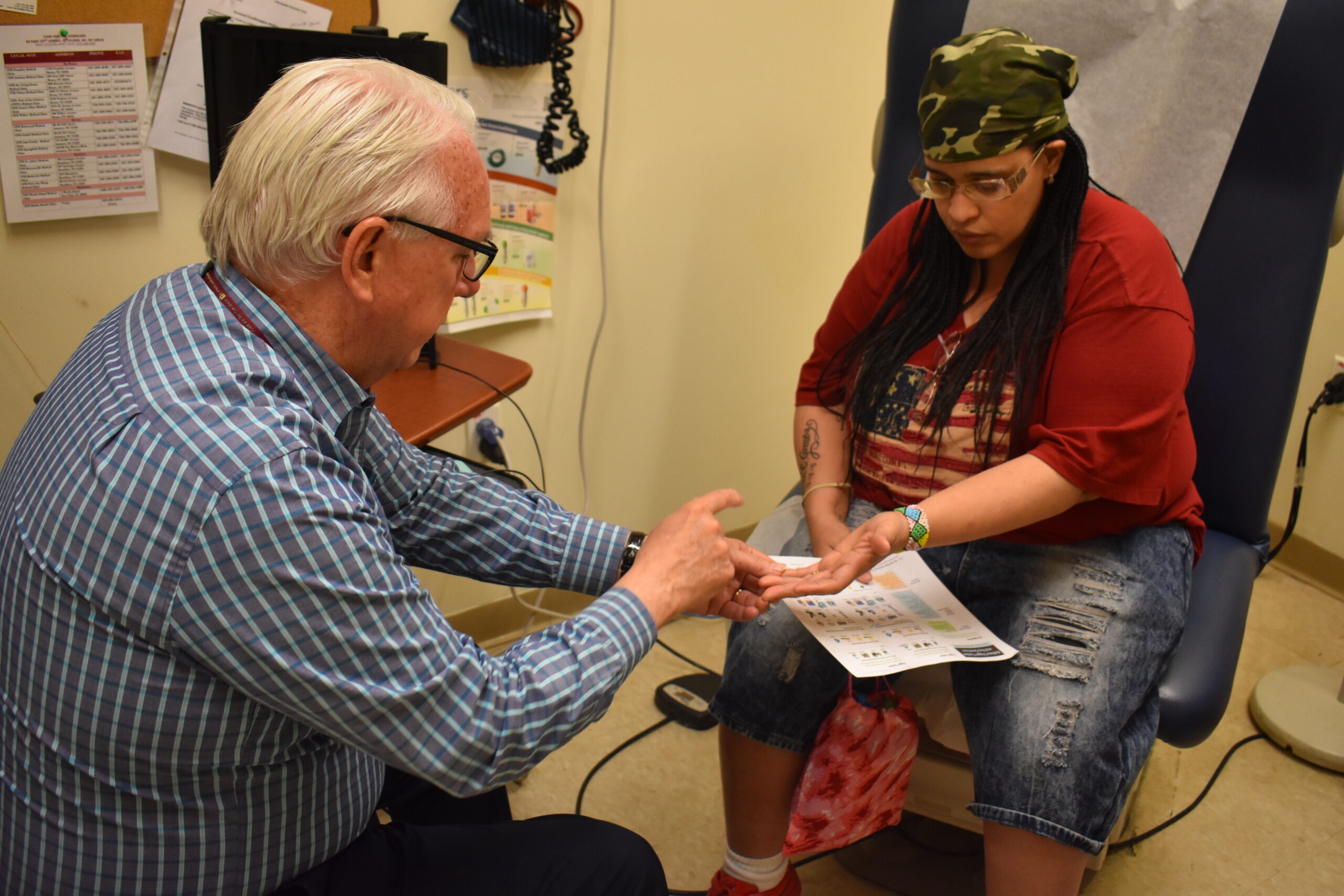
For example, housing stability is a significant indicator of a community’s health. However, redlining and the legacy of segregation policies has created a twisted system. One where stable housing is unattainable to many low-income communities of color.
What You Can Do
As community health advocates, it is important that we remain steadfast. Working every day to address the effects of systemic racism must continue and evolve.
Racism is a driving force of the social determinants of health and it is crucial to address it as a major barrier to health equity. We applaud the CDC in its recognition of racism as a serious public health threat and elevating health equity as a priority for the current administration.


